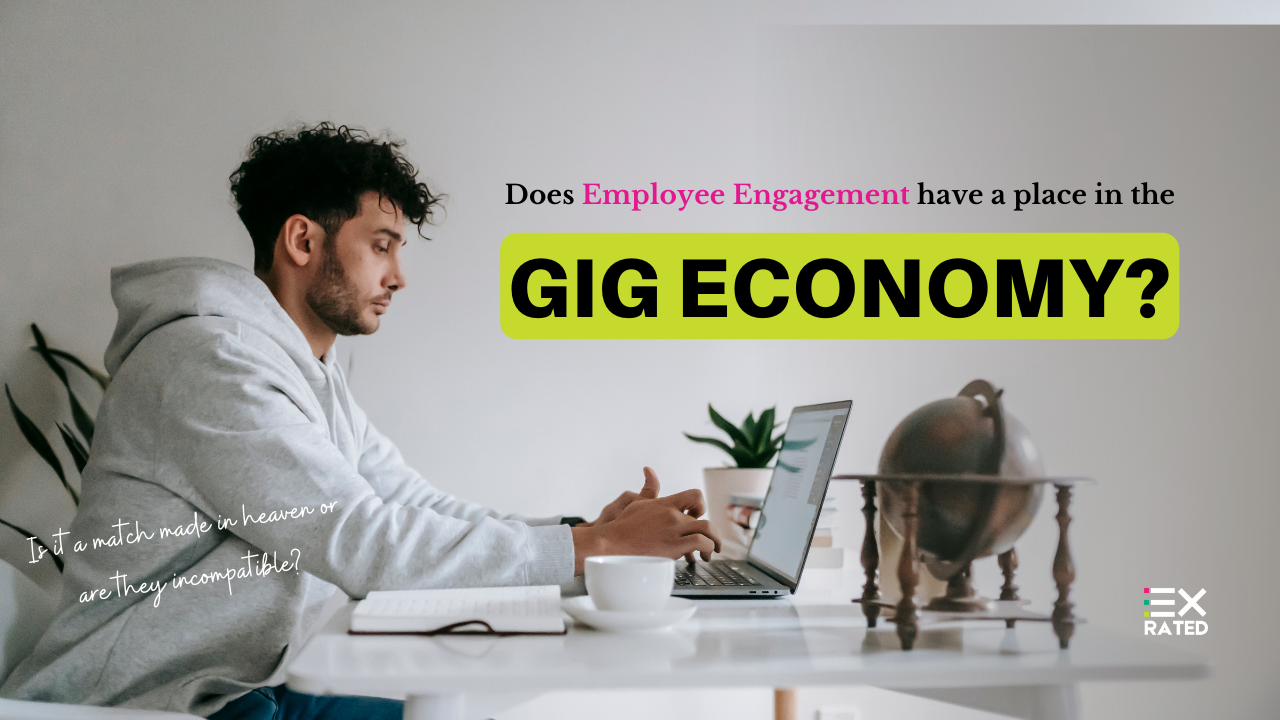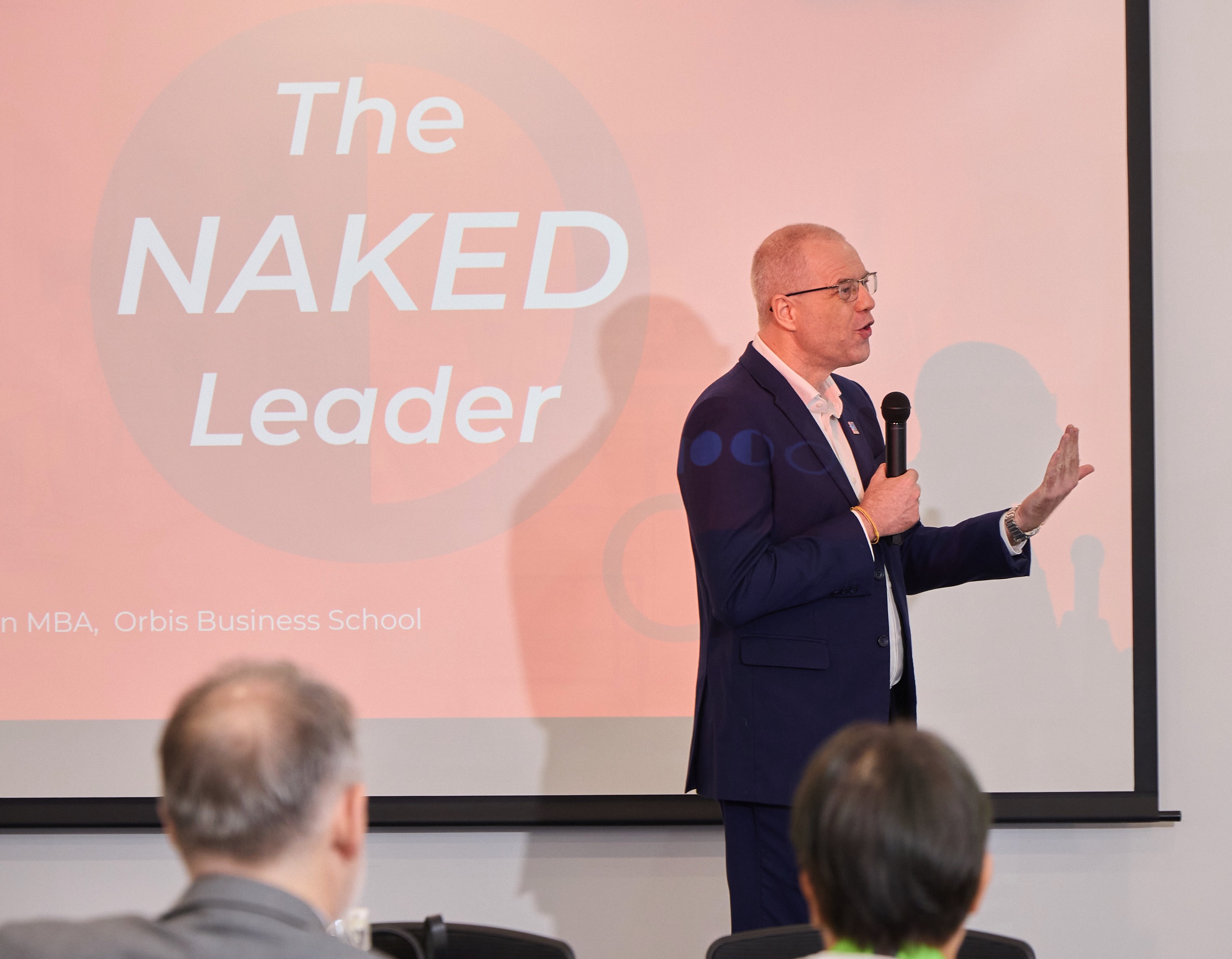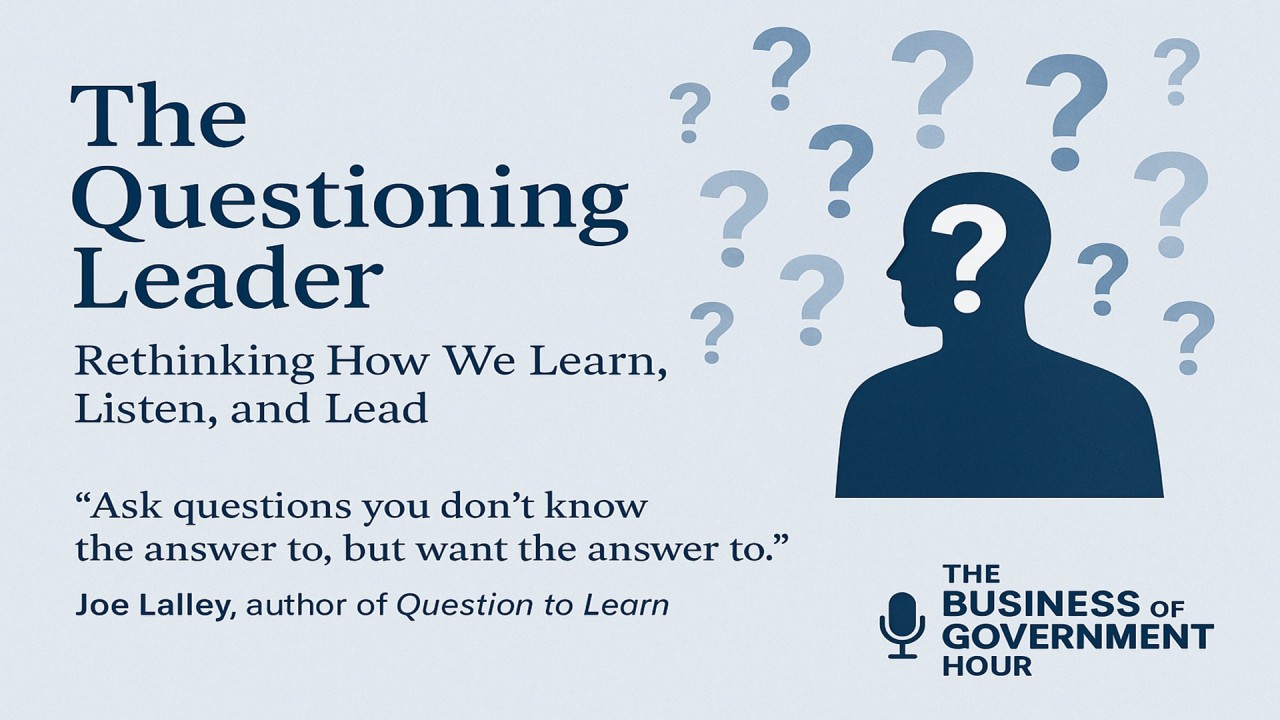Jan23

The gig economy. It’s a term that barely existed a few years ago but is now a hot topic of conversation. Even the government is getting into it—Victoria announced recently that they have plans to regulate the industry in order to protect workers’ safety and rights.
The gig economy, essentially, is the move towards remote, flexible, and contract work dominated by freelancers and self-employed individuals.
Employee engagement is the concept that employees are motivated, engaged, and connected to their work. It’s generally discussed within the concept of a company and challenges leaders and managers to increase their employee engagement.
So, I have to ask: is there room for employee engagement in the gig economy? If you don’t work for someone, who’s responsible for your engagement? Does it even matter?
Though it’s hard to accurately identify the entire gig economy workforce, in December 2021, there were 2.4 million Australians who worked on a casual basis, some 23% of the population. This includes workers in a variety of industries and employment structures.
The gig economy can refer to a number of different things, including:
Reasons for working in a gig economy are numerous. Some people are actively choosing it for the flexible lifestyle and draw to work from anywhere (just search 'digital nomad' on Instagram, and you’ll understand the appeal!).
But others are forced into the gig economy as they are unable to find regular, consistent, or permanent employment in their chosen field. Studies found that gig workers are often disadvantaged and purposely denied safety measures or protections because of their temporary status.
No matter the reasons, it’s clear that the gig economy will play a huge part in the future of work. And, with that, we’ll need to start adapting long-held beliefs and ideas about work, employee engagement, and worker safety.
I spend a good deal of time thinking and researching employee engagement and how companies and leaders need to step up their game in this area. There are seven senses an employee needs to have true employee engagement:
The gig economy definitely checks a few of those boxes. It’s flexible, so there’s lots of autonomy. You can certainly have a sense of achievement, and it’s possible to progress towards higher goals.
But what about belonging? Belonging is actually built on the other six factors and is the defining sense in employee engagement. I think that it is such an important part, that it will actually reshape the way businesses operate; soon, organisations will have to prioritise culture and employee engagement over customers to be successful in the marketplace.
If belonging is so important to employee engagement, we’re going to have to figure out how it fits into the gig economy. If you don’t work for someone and you don’t work with other people (most of the time)... where do you belong?
It seems, then, that the gig economy is kind of, sort of hitting the mark with employee engagement. But here’s the thing: so many businesses only 'kind of' hit the mark. Very few are incorporating all seven characteristics, which is why some employees are leaving those positions for greener pastures in the gig economy.
The question now becomes, what’s the way forward? If we know that the gig economy is always going to struggle with creating a sense of belonging, where do we go?
I propose two ideas:
As the gig economy continues to grow, it will be an important part of the future of work conversation. It’s a multi-faceted discussion with many influencing factors.
In my opinion, the most pressing question, as always, remains: how do we boost employee engagement in order to maximise productivity, mental and physical wellbeing, provide excellent customer experiences, and get back to doing meaningful, impactful work? To answer this, we’ll have to keep redefining just what employee engagement means and how it can be adapted to the new gig economy.
Keywords: Culture, Customer Experience, Future of Work
 Who Are You Under Pressure - And Is That the Real You?
Who Are You Under Pressure - And Is That the Real You? LinkedIn Voice for Sales
LinkedIn Voice for Sales Succession Planning is Hard because it’s Identity, Structure, and Systems All at Once
Succession Planning is Hard because it’s Identity, Structure, and Systems All at Once The Corix Partners Friday Reading List - February 13, 2026
The Corix Partners Friday Reading List - February 13, 2026 The Questioning Leader: Rethinking How We Learn, Listen, and Lead
The Questioning Leader: Rethinking How We Learn, Listen, and Lead